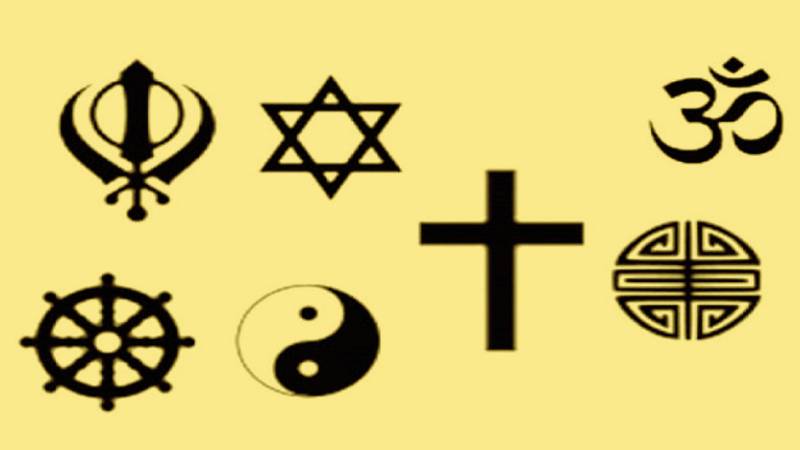
The United Nations Human Rights Committee has expressed grave concern over Pakistan's deteriorating human rights situation, with particular emphasis on the plight of religious minorities, especially the Ahmadiyya community.
In its findings following the recent review of Pakistan's compliance with the International Covenant on Civil and Political Rights (ICCPR), the committee highlighted the alarming rise of state-sanctioned discrimination, mob violence, and legal restrictions against Ahmadis, which directly violate ICCPR principles concerning equality and freedom of belief.
A key concern raised by the committee is the continued use of blasphemy laws, specifically Sections 295 and 298 of the Pakistan Penal Code. Section 298 is notably used to criminalize essential aspects of Ahmadi religious practices and identity, making it illegal for Ahmadis to identify as Muslims or engage in Islamic practices. These laws have led to an increase in false accusations, harassment, and imprisonment of Ahmadis, and serve as a powerful tool for extremist groups to incite mob violence and vigilante justice.
The committee also condemned the requirement that Ahmadis must renounce their Muslim identity to participate in the electoral process, an infringement on their civil and political rights as outlined in Article 25 of the ICCPR. This policy effectively marginalizes the community, stripping them of their right to political participation and self-identification.
Beyond legal reform, the committee called on Pakistan to implement robust protections for minorities, urging immediate and impartial investigations into hate crimes and mob violence, which have largely gone unpunished. To address the deep-seated culture of discrimination, it recommended comprehensive anti-discrimination legislation, training for law enforcement, and public campaigns to combat hate speech and foster social inclusivity.
The UN Human Rights Committee’s findings underscore the urgent need for Pakistan to align its national laws with the ICCPR and protect the fundamental rights of all religious minorities, including Ahmadis. The committee’s call to action emphasizes that the time has come for Pakistan to confront and rectify its discriminatory laws.

